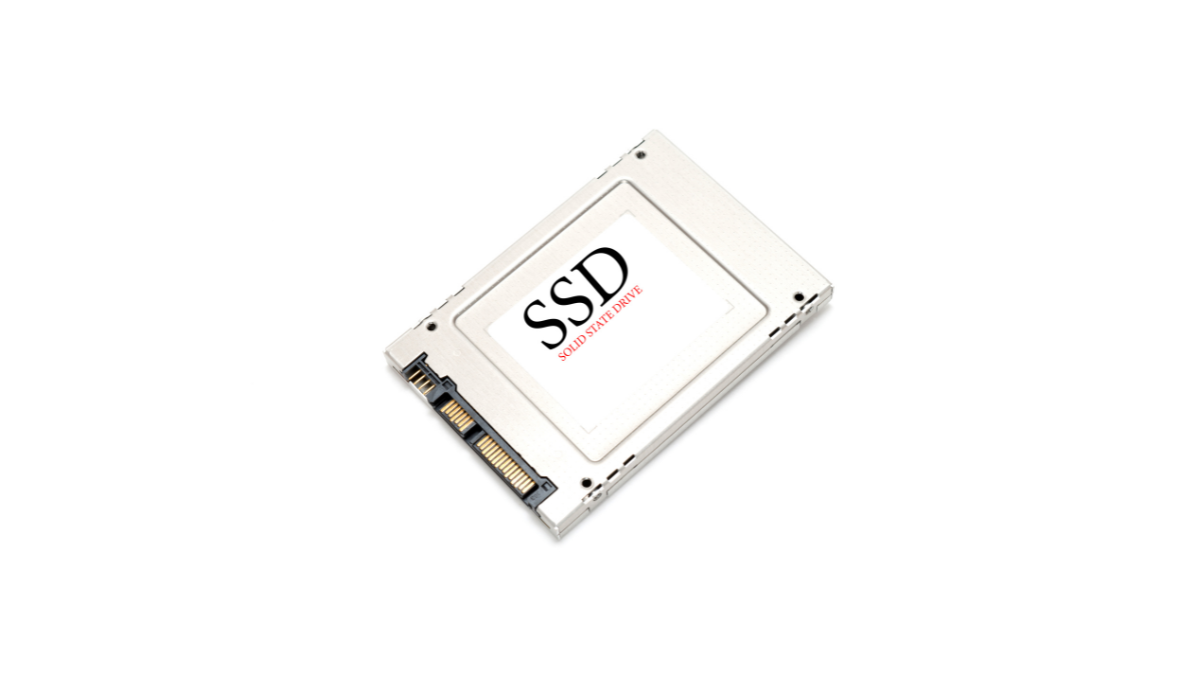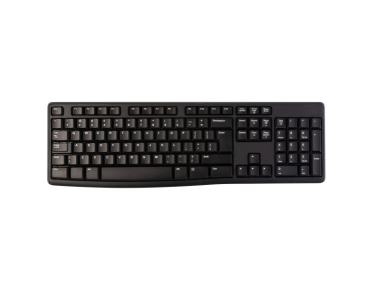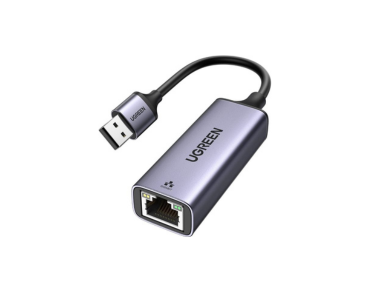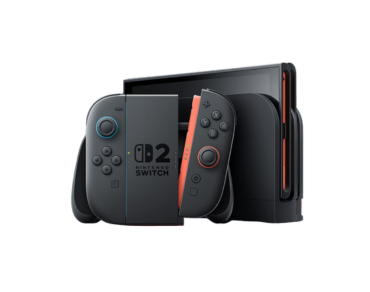Solid-state drives (SSDs) have revolutionized the world of data storage. With their lightning-fast performance and reliability, they’ve become the go-to choice for many. However, questions often arise about their lifespan. Do SSDs wear out quickly? Is data loss inevitable after a few years? In this article, we’ll explore common myths and facts surrounding an SSD hard drive, helping you separate reality from misconceptions.
Common Myths & Facts
Myth #1: SSDs Fail Faster Than HDDs
One widespread belief is that SSDs fail more quickly than traditional hard disk drives (HDDs). While it’s true that SSDs have a finite lifespan, this myth exaggerates the issue.
Fact:
SSDs rely on NAND flash memory, which can endure thousands of write cycles before showing signs of degradation. Modern SSDs often last longer than most users expect. Studies suggest that a typical consumer SSD can last 5-10 years or more under normal usage conditions. In contrast, HDDs are prone to mechanical failures due to their moving parts.
Myth #2: SSDs Have a Short Lifespan Due to Limited Write Cycles
This myth stems from the concept of “write endurance.” SSDs can only handle a certain number of write and erase operations before cells wear out.
Fact:
While SSDs do have limited write cycles, advancements in technology have greatly improved their durability. Features like wear leveling ensure that write operations are evenly distributed across cells, extending the drive’s overall lifespan. For most users, an SSD hard disk drive will outlast its usefulness, as storage capacity and technology continue to evolve.
Myth #3: SSD Hard Drive Lose Data If Left Unused
Some believe that if an SSD hard drive isn’t powered on for a long time, it will lose stored data. This concern often deters users from choosing SSDs for long-term storage.
Fact:
Data retention on SSDs is influenced by factors like temperature and cell wear, but the risk of data loss during normal storage is minimal. For consumer-grade SSDs, data can remain intact for several years without power. However, if long-term, archival-grade storage is needed, SSDs may not be the best option compared to external HDDs or tape backups.
Myth #4: Larger SSDs Last Longer Than Smaller Ones
It’s often assumed that bigger SSDs inherently have a longer lifespan due to more storage cells.
Fact:
This claim is partially true. Larger SSDs distribute writes across a higher number of cells, reducing wear on individual cells. However, the difference in lifespan is negligible for the average user. Choosing the right capacity should be based on your storage needs, not concerns over longevity.
Myth #5: SSDs Don’t Need Maintenance
Another common misconception is that SSDs are maintenance-free compared to traditional hard drives.
Fact:
While SSDs require less maintenance than HDDs, basic care is still essential. Regular firmware updates can improve performance and reliability. Avoid filling your SSD hard drive to full capacity, as this can negatively impact both speed and longevity. Tools like TRIM also help maintain optimal performance by cleaning up unused data blocks.
How Long Will Your SSD Hard Drive Last?
The lifespan of an SSD drive depends on how it’s used. Here’s a general guide:
- Light Use (Web browsing, document editing): 10+ years.
- Moderate Use (Gaming, video editing): 5-7 years.
- Heavy Use (Database management, constant writes): 3-5 years.
Most consumer SSDs come with warranties ranging from 3 to 5 years, reflecting manufacturers’ confidence in their durability.

Tips to Prolong Your SSD’s Lifespan
- Monitor Usage: Use tools like CrystalDiskInfo to check drive health.
- Enable TRIM: Ensure your operating system supports TRIM to optimize performance.
- Avoid Excessive Writes: Store large files like videos on external drives when possible.
- Backup Regularly: No drive is fail-proof. Keep backups of critical data.
Conclusion: Myths Debunked
SSDs are robust, reliable, and here to stay. While myths about their lifespan persist, the facts tell a different story. Modern Nvme SSDs are built to last and can serve most users for years without issues. Understanding the technology and practicing good habits will ensure you get the most out of your SSD investment.Looking for a dependable SSD hard drive? Explore HC Online Store and find the perfect drive for your needs!



